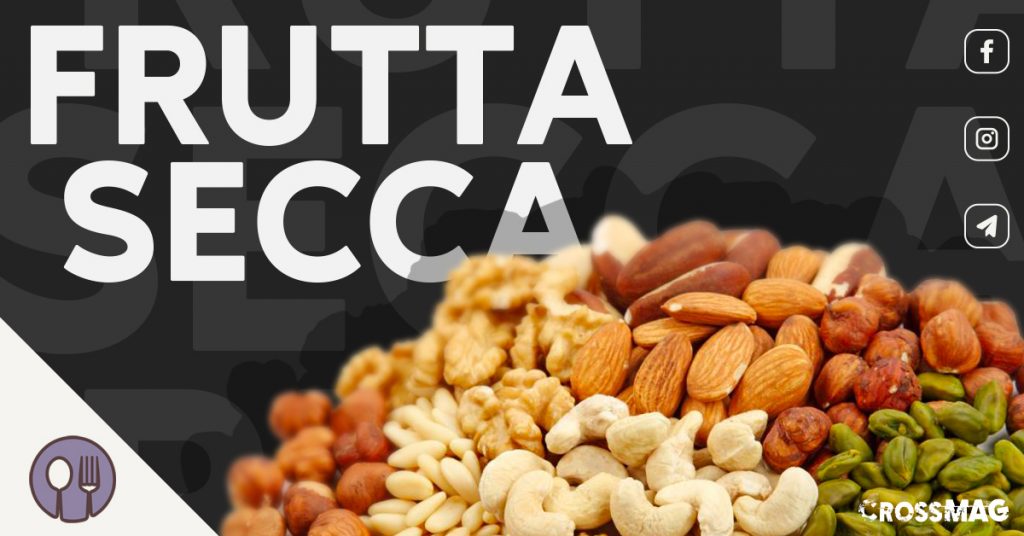Information on the nuts they are very contrasting; some say it is one , snack healthy and nutritious, others say it's wrong pinch (made with three fingers) minimally into consideration for a healthy diet.
Index
What is dried fruit?
Dried fruit is the fruit that has been almost completely removed from the water drying processes; during this process, the fruit shrinks, becoming small, dry, but full of the energy.
Raisins are the most common example, along with dates, plums, figs, apricots. Other types of dried fruit are also available, sometimes in candied form; these include: pineapple, mango, cranberries, bananas and apples.
Dried fruit keeps much longer than fresh fruit and can be a good snack, especially on long journeys where refrigeration is not available.
Nutrients and antioxidants
Dried fruit is ricca of micronutrients, fibers e antioxidants and it is highly nutritious.
A piece of dried fruit contains the same amount of nutrients as a fresh fruit, but concentrated in a much smaller format; therefore, one serving can provide a high percentage of the recommended daily intake of vitamins and minerals, such as i folate.
There are some exceptions; vitamin C is drastically reduced when the fruit is dried. The antioxidants found in nuts are associated with health benefits such as improved blood flow, digestive tract, decreased oxidative damage, and reduced risk of many diseases.
Several studies have shown that people who eat nuts tend to weigh less and ingest more nutrients, compared to those who do not use it.
Raisins and disease risk reduction
Raisins are nothing more than dried grapes; it is rich in fiber, potassium and various plant compounds that help our health.
It has a average glycemic index it's a low insulin index; this means it does not create peaks cup sugar elevated in the blood after intake.
Eating raisins can help you:
- lower blood pressure;
- improve blood sugar control;
- decrease inflammatory markers and cholesterol;
- give a feeling of fullness.
These factors help reduce the risk of developing type 1 and 2 diabetes and heart disease.
Prunes and laxative power
Prunes are natural laxatives; they are very nutritious and rich in fiber, potassium, beta-carotene and vitamin K.
Eating prunes helps improve stool frequency and consistency; this is due to the presence of fiber and a sugar alcohol called sorbitol. Plums are also rich in a mineral, called boron, which helps fight osteoporosis.
Dates and pregnancy
Dates are rich in fiber, potassium, iron and plant compounds. Of all the dried fruits, they are those richer in antioxidants.
Eating dates regularly during the last few weeks of pregnancy can help ease cervical dilation and make labor less painful.
Test-tube studies also show encouraging results for the decreased risk of male infertility.
Downsides
Dried fruit may contain sulfites and be contaminated with fungi and toxins.
Sulphites make nuts more attractive as they prevent discoloration; they are often used for apricots and raisins.
Some people may be sensitive to sulfites, which can cause stomach cramps, rashes, and asthma attacks.
In conclusion…
Dried fruit, like all other foods, has pros and cons; it can increase the intake of fiber, nutrients and antioxidants, but it is high in sugar and high in calories, so use it with extreme moderation.
The ideal is to eat it combined with other nutritious foods and in very small quantities (even better during snacks).

